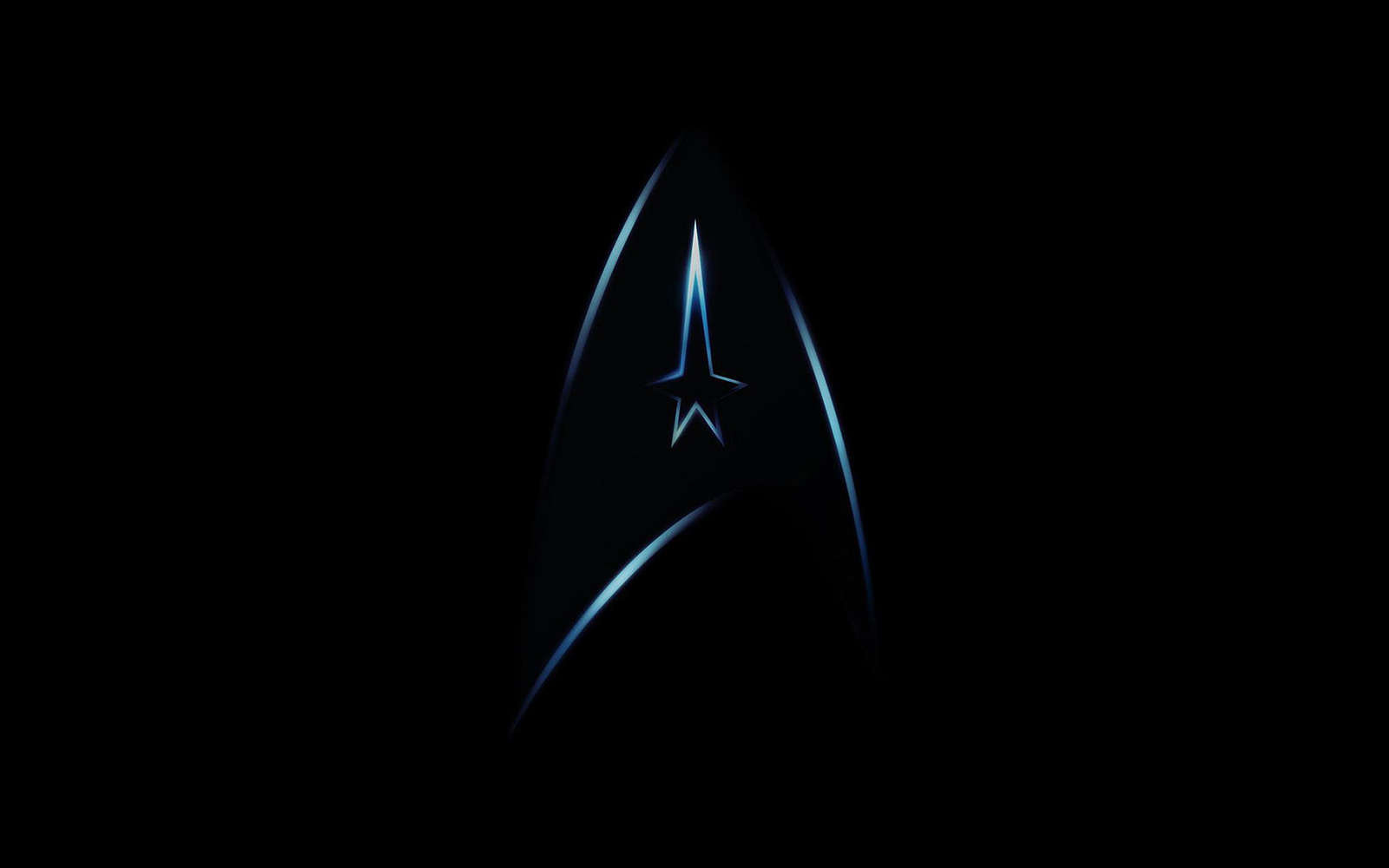What should the next Star Trek series be like?

Nerds everywhere, including yours truly, have been in “rampant speculation” mode following the announcement earlier this week that CBS is creating a new Star Trek series. So far, the best-known details about the series are that it will begin airing in January 2017 on “CBS All Access,” the network’s streaming service, and that Alex Kurtzman will be producing the series. (Kurtzman was involved in the writing and production of J.J. Abrams’ recent Star Trek movies.)
Next to nothing is known about the series’ premise, other than it will “introduce new characters seeking imaginative new worlds and new civilizations, while exploring the dramatic contemporary themes that have been a signature of the franchise since its inception in 1966.” Which basically describes every Star Trek series ever. Also, the series is apparently not related to the next Star Trek feature film, titled Star Trek Beyond, which is coming out next summer. But that doesn’t mean the series won’t be set in the alternate universe of J.J. Abrams’ Star Trek movies.
So yes, speculation is wild and rampant. Over on io9, James Whitbrook has listed “7 Things We Want In The New Star Trek TV Show,” which offers a nice rundown of ideas. I dislike reboots and prequels, so I’m all for a series set in the distant future, long after the events of Star Trek: Voyager. This seems closer in keeping with the themes of exploration and discovery that are at the heart of Star Trek. Why should the new series tread old ground when it can boldly go where the franchise has never gone before?
To that end, I’d like to see something along the lines of Star Trek: Federation, a series that was being developed in part by Bryan Singer, but was shelved after the first Abrams Star Trek movie was announced. Star Trek: Federation was set in the year 3,000, and both the Federation and Starfleet are shadows of their former selves — until a new galactic threat emerges and forces Starfleet to return to its original mission of exploration. Such a premise would make for plenty of political and social intrigue as well as action — galactic threats will do that — plus give us a chance to see what the distant future holds for space exploration and civilization.
All that being said, though, I’m a bit more cautious than optimistic on this one. Thematically, I want the new series to be like Star Trek: The Next Generation, a show that was about exploration and discovery as much as cool space battles, if not moreso. But after these recent Star Trek movies, and especially Star Trek Into Darkness (which was just a mess), are audiences ready for that? (And can Kurtzman — who, let’s remember, wrote Transformers: Revenge of the Fallen — deliver that?)
Perhaps futuristic visions of technology would be enough of a hook? All technobabble aside, Star Trek tech often struck a nice balance between fantastical and plausible. But when every day devices like iPhones and iPads seem more advanced than something you might see in an episode of Deep Space Nine or Voyager, and so many advances have been made in computers, science, and medicine, Kurtzman et al. will certainly need to get a bit more creative and forward-thinking. (And can we please have some truly alien-looking aliens that don’t simply resemble humans with bad rashes and skin conditions?)
My inner high school student — the one that would discuss warp drives and dilithium crystals in his physics class — is totally geeking out over this announcement. And I want him to be happily satisfied. And genre television is holding strong these days. But can a Star Trek series that veers closer to the franchise’s original bright-eyed spirit really make it in our post-Battlestar Galactica world where everything has to be grim and cynical? I’d like to think so, for that high school student’s sake.